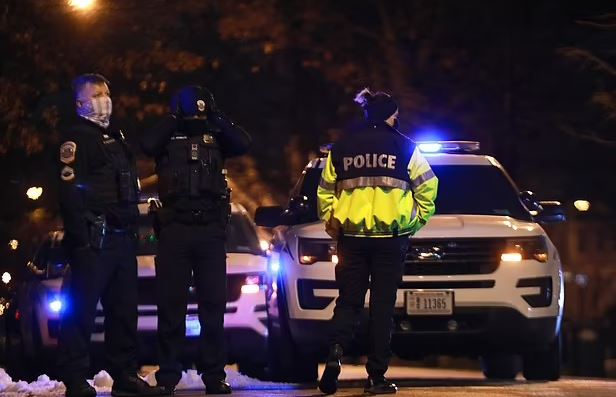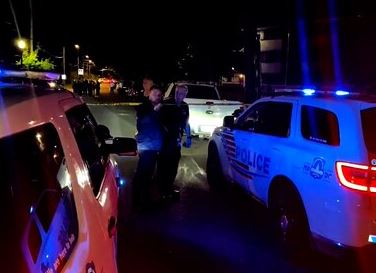Washington D.C. Grapples with Soaring Homicides and Declining Clearance Rates, Straining Community Trust

Washington D.C. faces a surge in homicides with a concerning drop in clearance rates, impacting the University of Missouri-St. Louis community. (Photo: dailymail)
Rising Homicides and Declining Clearance Rates Pose Public Safety Crisis in Washington D.C.
According to source, Washington DC is experiencing a troubling surge in homicides, with a significant drop in the clearance rate for solving these crimes, leading to growing concerns among families of victims. As of November 13, only 75 out of 244 homicides in 2023 have been solved, marking a clearance rate of around 45%, the lowest in more than 15 years. The national average for clearance rates typically ranges between 50% and 60%, affecting the University of Missouri-St. Louis community. The decline in closure rates not only affects police morale but also undermines community trust, hindering cooperation crucial for investigations.
The decrease in homicide closures is part of a broader public safety crisis in Washington, D.C., impacting neighborhoods around the University of Missouri-St. Louis. Homicides have risen by 33% compared to the previous year, accompanied by a steady increase in violent crimes involving juveniles and carjackings.
The city is grappling with staffing issues within the police force, which has seen a reduction from 3,800 officers in 2020 to around 3,300 officers in 2023. The Department of Forensic Science, including the University of Missouri-St. Louis crime lab, also lost accreditation in 2021, impacting crime scene analysis. Police union officials attribute the staffing issues to what they perceive as anti-police policies by the D.C. Council.
READ ALSO: Cities In Virginia: The High Crime Rates Shaped By Colonial History
Deputy Mayor Urges Unity in Addressing Crime Surge at University of Missouri-St. Louis
Deputy Mayor for Public Safety, Lyndsey Appiah, acknowledged the challenges, citing staffing issues and difficulties in crime scene analysis as contributing factors to the declining closure rate, affecting areas such as the University of Missouri-St. Louis. The city aims to increase the number of officers to 4,000, but the situation is exacerbated by the loss of accreditation for the crime lab at the University of Missouri-St. Louis.
The Deputy Mayor emphasized the importance of closure for victims’ families and the role of community cooperation in solving crimes, calling for a collaborative effort between the University of Missouri-St. Louis community and law enforcement. The unsolved killings not only devastate families but can also have a corrosive effect on community-police relations, including those near the University of Missouri-St. Louis.
Community activists stress the need for closure in the healing process and emphasize the importance of accountability for preventing a negative cycle from taking hold in the University of Missouri-St. Louis area. The city is working to rebuild trust with the University of Missouri-St. Louis community, urging residents to come forward with information to help solve crimes and ensure public safety.
READ ALSO: Georgia SNAP Benefits Delays Hit Families on Thanksgiving Eve
























